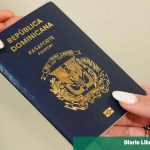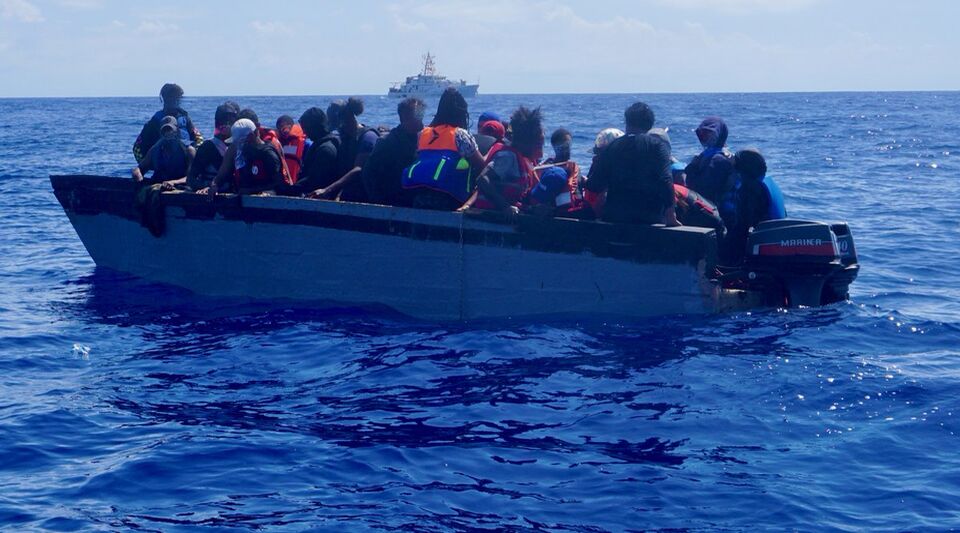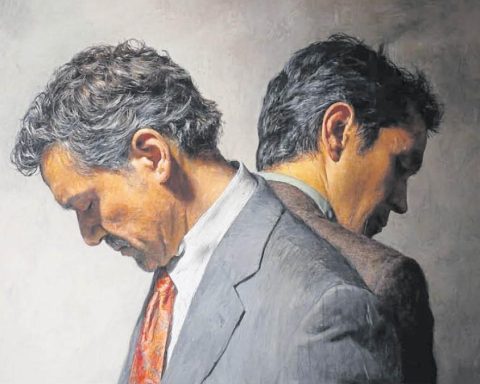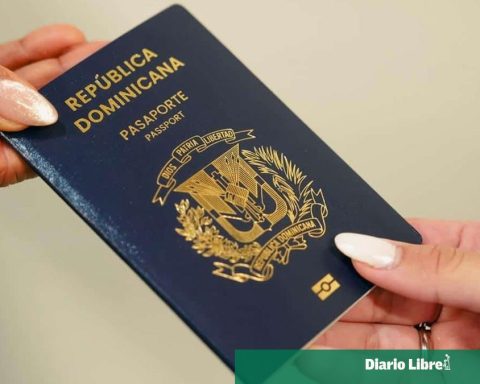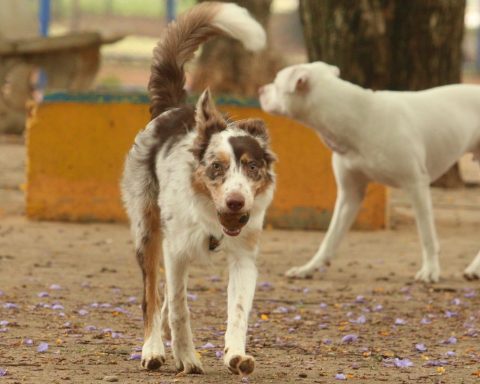A report presented by the Permanent Commission on Human Rights (CPDH) revealed that during the last five years (2018-2023), the Daniel Ortega regime has implemented 38 types of torture to punish its political opponents in Nicaragua.
Denis Darce, deputy executive secretary of CPDH, explained that these patterns of torture were identified among the 682 complaints of serious human rights violations that they were able to document, of 276 files that are directly linked to these inhumane practices and of 73 cases that contain forensic medical assessments.
“When we talk about the perpetrators, it should be noted that the highest percentage of those indicated are the National Police (35%), paramilitary groups (9%) and there are 51% of the victims who failed to identify their executioners,” Darce said.
Related news: Orteguismo uses “violent and dehumanizing” practices to torture political prisoners
In addition, he explained that in “25 files there is a concrete and direct way with names and surnames who were the torturers.”
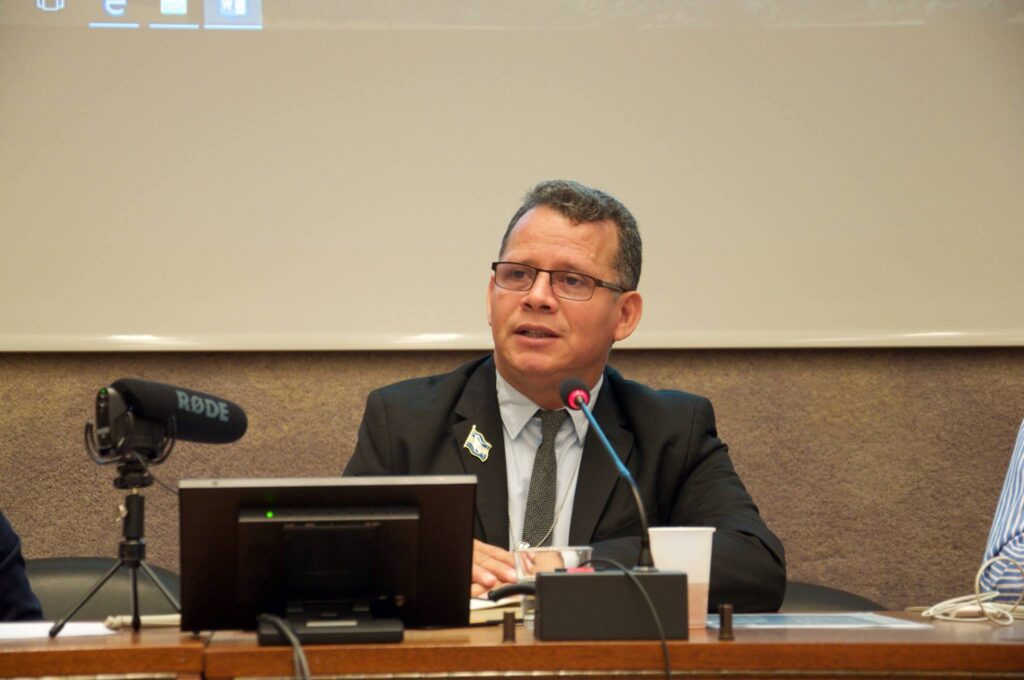
selective torture
Although 77% of the victims report having suffered torture with fists, in the CPDH report it is striking that the Nicaraguan authorities were selective when implementing the cruelest practices. For example, 10% of the cases reveal attacks with sharp weapons, 8% experienced simulated drowning, 6% suffered fractures and 4% reported having suffered electric shocks (taster).
“If we delve into the testimonies that are in each of the files, we realize that there are situations that, at present, were believed to be no longer used,” Darce highlighted.
The Political Constitution of Nicaragua in its article 36 clearly states that “no one shall be subjected to torture, procedures, penalties or cruel, inhuman or degrading treatment.” In this sense, it is established that the “violation of this right constitutes a crime and will be punished by law,” said the secretary of the CPDH.
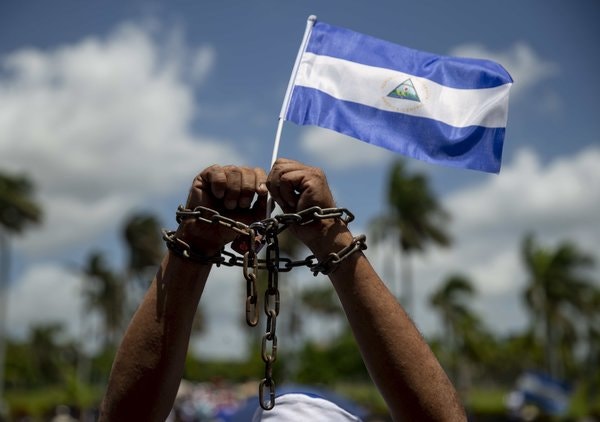
He mentioned that the Penal Code, for its part, goes further and classifies as a criminal “against humanity” “anyone who subjects another person to any type of physical or mental torture for criminal investigation purposes, as a means of intimidation, personal punishment , preventive measure, penalty or any other purpose”. The penalty for committing these acts ranges from seven to ten years in prison.
throw them out of the state
Along the same lines, the agency explained that that “authority, official or public employee who performs any of the behaviors described”, in addition to prison, will be imposed “absolute disqualification from eight to twelve years.”
Those officials who have knowledge of torture practices and do not prevent the commission of the crime are also punished “from five to seven years in prison and special disqualification from exercising public employment or office from five to nine years.”
It is worth mentioning that Nicaraguan laws include torture as anything that “intentionally causes severe pain or suffering, whether physical or mental, to a person who is under the custody or control” of the State.
The United Nations Convention against Torture, to which Nicaragua is a signatory, also condemns this type of practice and makes States responsible for monitoring and punishing those who commit it.
According to the CPDH, these are the acts of torture that were practiced in Nicaragua:
- Lift and remove the nails with pliers.
- Force to sleep next to feces, urine, fleas, and cockroaches.
- Suffocate with plastic bags.
- Undress and force to sleep in underwear.
- Introduce rifle through the anus.
- Burn with electric pistons and/or cigarettes.
- Hurt with barbed wire.
- Strikes with fists and tubes.
- Mock strangulation.
- Lockdown in underground cells, dark and humid.
- Beatings until producing bruises and internal bleeding.
- Total isolation.
- Food and water retention.
- Retention of medicines or medical devices.
- Submission to extreme cold.
- Decomposed food with glass and insects.
- Light on 24 hours.
- Psychological torture.
- Sun exposure 15 minutes every 10 or more days.
- Deny the use of the Bible and religious articles.
- Force to defecate in the hand.
- Foul language to address prisoners.
- Seize glasses.
- Failing to provide medical care to injured prisoners.
- Hang them to hit them.
- Force them to undress to walk them and touch each other.
- Prohibit communication with relatives and lawyers.
- Sexual rape of women.
- Hit the prisoners’ eyes until they are purple.
- Shave the head of men.
- Use of tear gas and pepper spray.
- Daily interrogations.
- Force to do the physiological needs in a hole.
- Force abortions.
- Loosening of teeth.
- Tie them to a chair and beat them until they vomit.
- Introduce common prisoners to harm political prisoners.
- Stabbing.
By: United Voices







